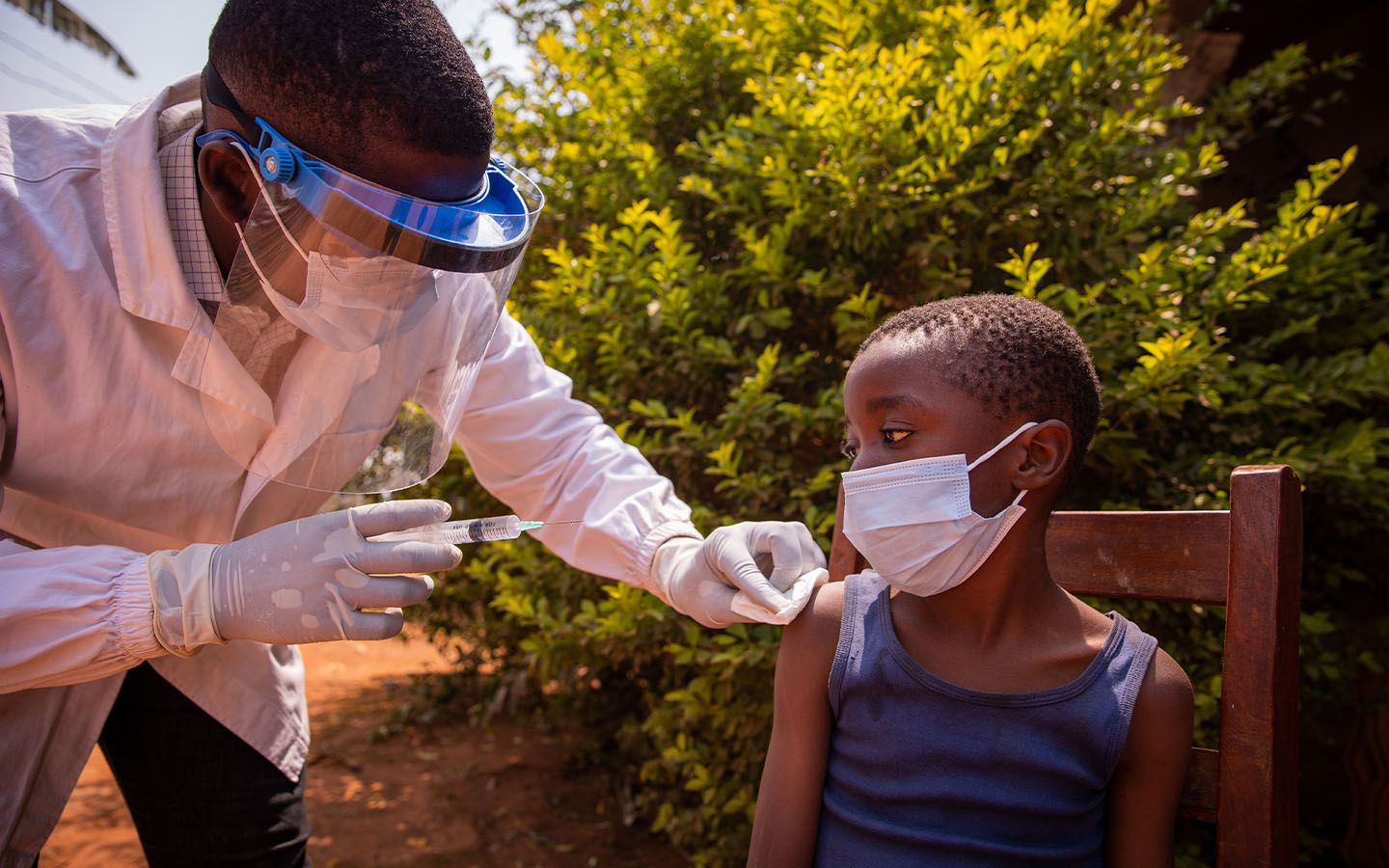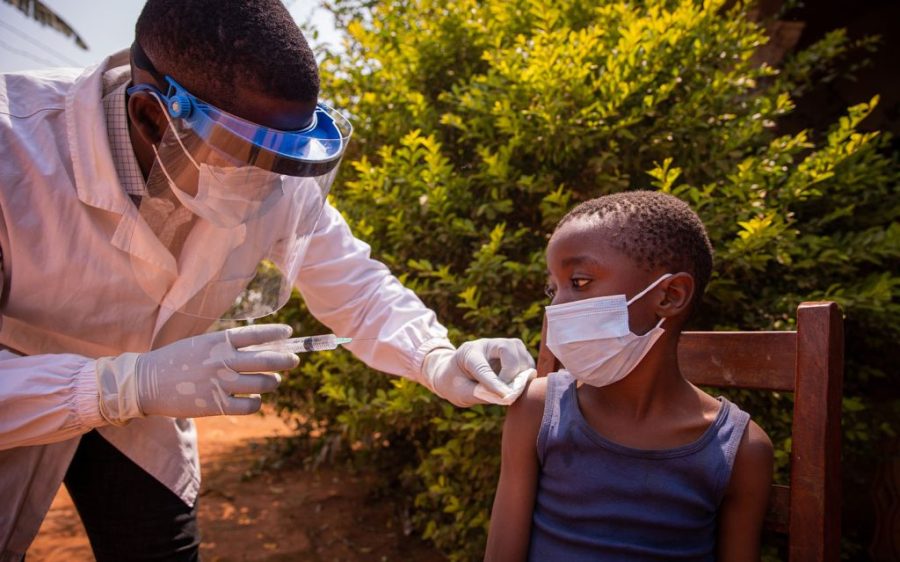Guinea-Bissau has launched a 10-day campaign to vaccinate nearly every person in the country against yellow fever, a pandemic-prone illness common in West Africa.
Mário Tami, national vaccinator coordinator from the Ministry of Public Health, told the Portuguese news agency Lusa that the campaign, which runs until 18 May, aims to immunise 2,052,423 people between the ages of nine months and 60 years old – around 95 percent of the population. The jab will give them lifetime protection against infection.
“If we achieve the targeted number, the country will have a low probability of facing a yellow fever epidemic,” Tami noted. He urged people to visit the network of vaccination centres across the country, warning that vaccines will only be routinely administered to children at hospitals and health centres once the campaign ends.
Yellow fever is a potentially deadly viral infection, spread between people by infected mosquitos, making it prone to epidemics. The yellow fever vaccine was administered to children in Guinea-Bissau in 2008, and has since only been given to individuals travelling overseas.
The yellow fever vaccine, first developed in 1938, is well understood and highly effective against the mosquito-borne illness. Most people (80 to 100 percent) are effectively immune within 10 days of receiving the vaccine and nearly all (99 percent) within 30 days, according to the World Health Organization (WHO), with protection believed to last a lifetime.
[See more: War is contributing to a drop in global vaccinations among children]
By reducing the likelihood of pandemics, widespread vaccination also helps protect those who cannot be vaccinated, including infants less than nine months old, pregnant women, people with severe allergies to egg protein, and those with severe immunodeficiency or suffering from a thymus disorder.
Although Guinea-Bissau has not officially recorded a case of yellow fever since independence in 1973, it is considered by the WHO as a country where the disease is endemic, as are all of its neighbours, including Guinea, which had a confirmed outbreak just last year. Tami emphasised to Lusa that the country does not have the laboratories to detect the disease. “In case of suspicion, we can collect samples and send them to the Pasteur Institute in Dakar,” he explained, referring to the laboratory in neighbouring Senegal.
This first-ever yellow fever vaccination campaign in Guinea-Bissau is co-financed by the government in partnership with the Global Alliance for Vaccines (GAVI), a public-private partnership focused on increasing vaccine access and preventing disease in developing countries.
GAVI is also part of an ongoing campaign, in partnership with the WHO, UNICEF and more than 50 other health organisations, to vaccinate nearly a billion people across 27 high-risk African countries by 2026.
“Today, the threat of yellow fever looms larger than ever before, especially for thousands of children across Africa,” said Stefan Peterson, chief of health for UNICEF, when the campaign was first announced. “Given that almost half of the people to be vaccinated are children under 15 years of age, this campaign is critical to saving children’s lives, and would go a long way toward stamping out this disease.”






